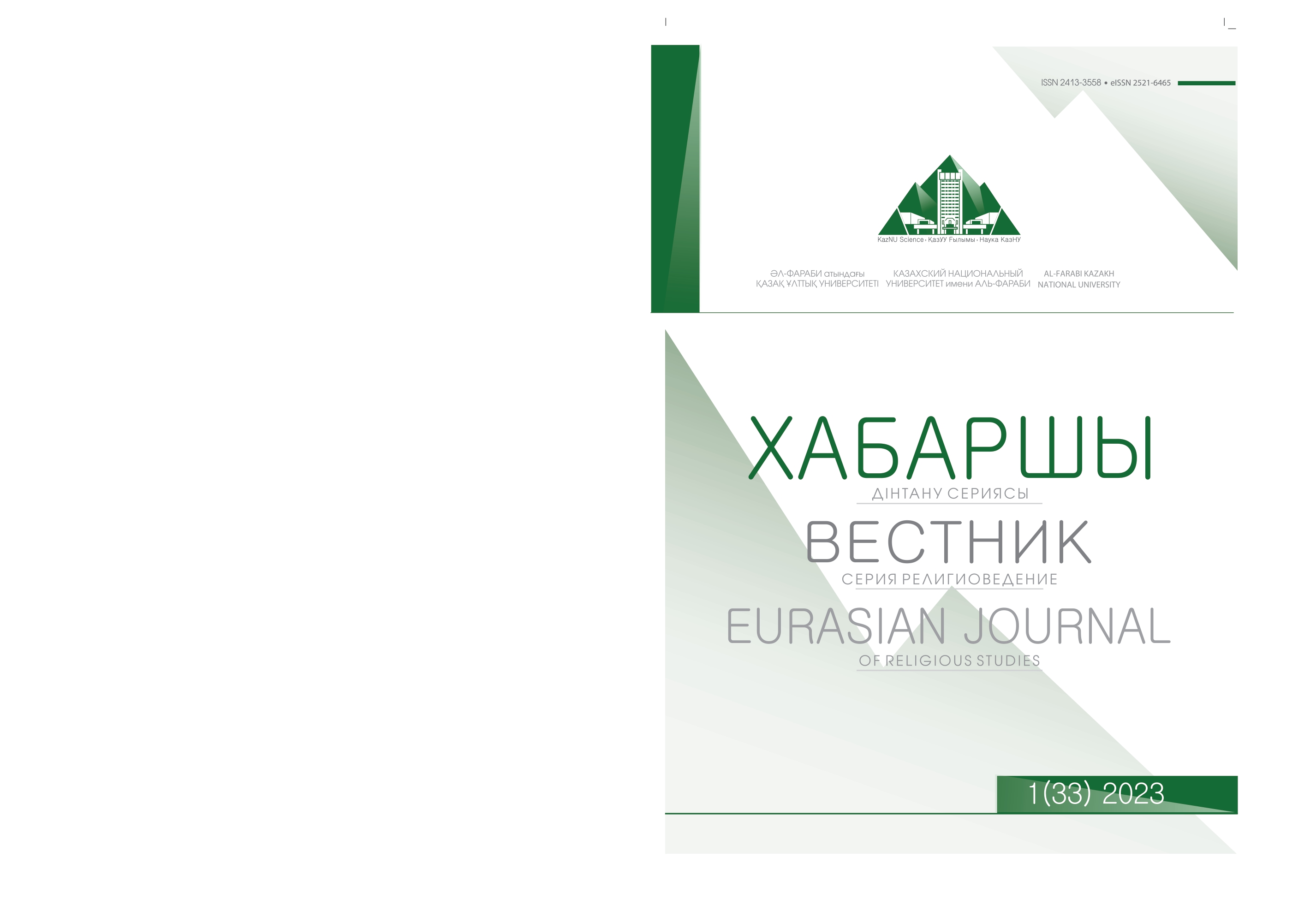The Religion Clauses in the US Constitution: Some Debates on Liberty, Equality, and Religious Freedom
DOI:
https://doi.org/10.26577//EJRS.2023.v33.i1.r9Keywords:
Religious Freedom, Law, Constitution, Religion, EqualityAbstract
In this short article, my aim is to introduce readers to some debates about religious freedom and constitutional law in the United States. I highlight a few of the enduring questions debated by political philosophers and legal scholars. For example, does the Constitution require special religious exemptions for citizens whose religious convictions put them at odds with otherwise neutral and legitimate state policy? Should the Constitution be interpreted as supporting a strict secularism or a multicultural egalitarian liberal position? What are the limits to religious freedom? To illustrate how these and related questions are debated I consider some recent work on religious freedom jurisprudence in the United States. Some legal theorists argue that the idea of religious freedom in the Constitution is based mostly on an ideal of liberty of conscience or freedom of religious belief and practice. Others claim that both liberty and equality are central to the religion clauses of the Constitution. This gives rise to debates on how best to respect the religious liberty of all citizens, including members of the many religious minorities in the US. Debates on these issues also arise in legal practice, especially when the Supreme Court must decide whether a law unfairly burdens or restricts a religious practice. By examining some important legal verdicts on the religion clauses to the First Amendment of the Constitution we can see some ways that theoretical debates about law and religious freedom are directly relevant to legal practice. These verdicts also illustrate how political values such as liberty and equality oftentimes play a significant role in how the religion clauses of the Constitution are interpreted by Supreme Court judges.
Keywords: Religious Freedom, Law, Constitution, Religion, Equality
References
Anderson, Elizabeth and Richard Pildes (2000) “Expressive Theories of Law: A General Restatement,” University of Pennsylvania Law Review Vol. 148: 1503-1575.
Brewer, Craig (2018) The United States a Christian Nation. Franklin Classics, 1905/2018.
Chemerinsky, Erwin and Howard Gillman (2020) The Religion Clauses: The Case for separating Church and State. – New York: Oxford University Press, 2020.
Church of Holy Trinity v United States (147 US 157).
Church of the Lukumi Babalu v City of Hileah (508 US 1993).
Employment Division v Smith (494 US 1990).
Engel v Vitale (370 US 420: 1962).
Equal Employment Opportunity Commission v Abercrombie (575 US 2015).
Everson v Board of Education (330 US 1: 1947).
Levy, Leonard (1986) The Establishment Clause: Religion and the First Amendment. – New York, NY: MacMillan, 1986.
Patten, Alan (2014) Equal Recognition. Princeton. – NJ: Princeton University Press, 2014.
Schiffrin, Seana (2021) Democratic Law. – New York: Oxford University Press. 2021.
Sherbet v Verner (374 US 1963).
Town of Greece v Galloway, 572 US 565 2014.
Trinity Lutheran Church of Columbia, Inc v Comer (582 US 2017).
Trump v Hawaii (585 US 2018).
United States Constitution: https://constitution.congress.gov/constitution/amendment-1/
United States v Ju Toy (198 US 1905).
Wallace v Jaffree (472 US 1985).




